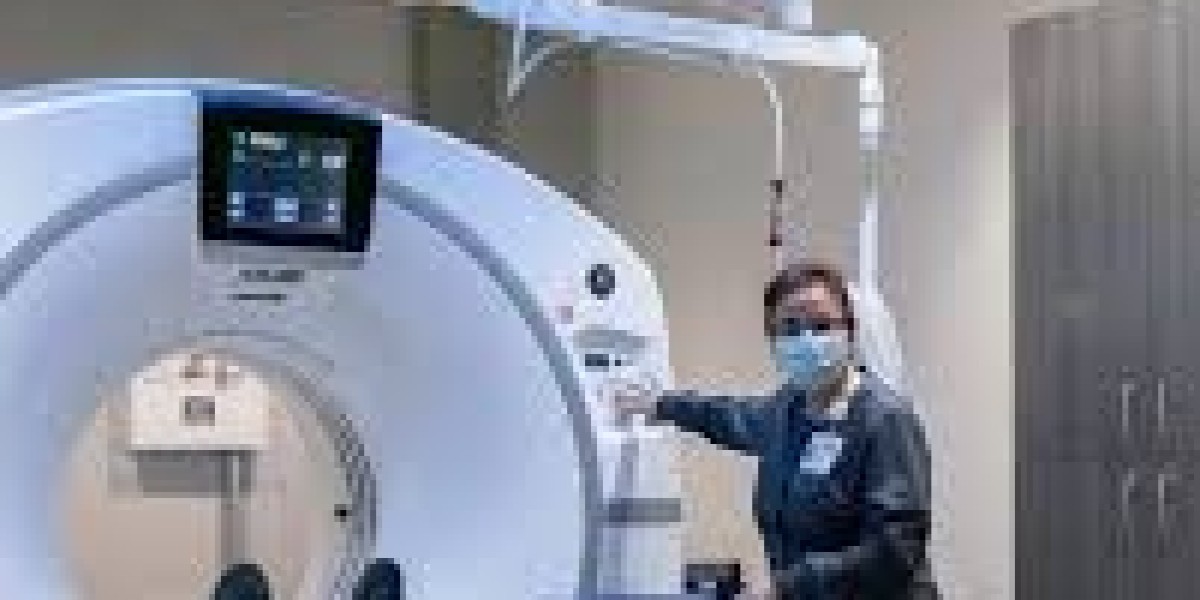As we age, our bodies undergo various changes, and certain health concerns become more prevalent. One of the most critical health measures for seniors is regular oncological screening in Riyadh(الكشف عن الأورام بالرياض). This process can play a significant role in early detection and prevention of cancer, a major concern for older adults. This blog explores why regular oncological screening in Riyadh is essential for seniors, the benefits it offers, and how it can contribute to improved health outcomes.
Understanding Oncological Screening
What Is Oncological Screening?
Oncological screening refers to a series of medical tests and procedures designed to detect cancer before symptoms appear. For seniors, this means undergoing evaluations that can identify cancer at an early stage when it is most treatable.
Importance for Seniors
As we age, the risk of developing cancer increases. Regular oncological screening in Riyadh helps in catching potential issues early, which can be crucial in managing and treating cancer effectively.
Benefits of Regular Oncological Screening
Early Detection and Treatment
One of the primary benefits of regular oncological screening in Riyadh is the potential for early detection. Finding cancer at an early stage can significantly improve treatment options and outcomes. Early-stage cancers are generally easier to treat and have higher survival rates.
Reducing Cancer Mortality Rates
Studies have shown that regular screening can reduce mortality rates for various types of cancer, including breast, colon, and prostate cancers. By detecting these cancers early, seniors can receive timely treatment, which can extend their lifespan and improve their quality of life.
Tailored Screening Plans
Regular screening allows healthcare providers to develop personalized screening plans based on an individual's health history, risk factors, and lifestyle. This tailored approach ensures that seniors receive the most relevant and effective tests and procedures.
How Oncological Screening Is Performed
Common Screening Tests
Several types of tests are used in oncological screening in Riyadh. These include:
- Mammograms: For breast cancer detection.
- Colonoscopy: For colon cancer detection.
- Prostate-Specific Antigen (PSA) Test: For prostate cancer detection.
- CT Scans and MRIs: For detecting various types of cancer.
Frequency of Screening
The frequency of screening tests depends on various factors, including age, family history, and overall health. Seniors should consult with their healthcare providers to determine an appropriate screening schedule.
Preparing for Oncological Screening
Initial Consultations
Before undergoing screening, seniors should have a consultation with a healthcare provider to discuss their health history, risk factors, and any symptoms they might be experiencing. This helps in selecting the most appropriate tests and procedures.
What to Expect During the Screening
Each screening test has its own procedure and preparation requirements. For example, a colonoscopy requires bowel preparation, while a mammogram involves a brief period of breast compression. Understanding these requirements can help seniors prepare effectively.
Post-Screening Care
After the screening, it is essential to follow up on any results and recommendations provided by the healthcare provider. This might include additional tests or treatment plans based on the findings.
Addressing Common Concerns
Cost and Accessibility
One common concern is the cost of oncological screening in Riyadh. Many health insurance plans cover the cost of screening tests, and there may be government or non-profit programs available to assist with expenses.
Anxiety and Emotional Impact
Receiving a cancer diagnosis or waiting for screening results can be anxiety-inducing. It's important for seniors to have support systems in place, such as family, friends, or counseling services, to help manage these emotions.
Misconceptions and Myths
There are several misconceptions about cancer screening, such as the belief that it is only necessary if symptoms are present. In reality, regular screening is vital for detecting cancer before symptoms appear. Educating seniors about these misconceptions can encourage them to take proactive steps toward their health.
Integrating Screening Into a Healthy Lifestyle
Balanced Diet and Regular Exercise
In addition to regular oncological screening in Riyadh, maintaining a healthy lifestyle can reduce cancer risk. A balanced diet rich in fruits, vegetables, and whole grains, along with regular exercise, can contribute to overall well-being and lower cancer risk.
Regular Health Check-ups
Regular health check-ups are also crucial for monitoring and managing overall health. Seniors should ensure that they are receiving comprehensive care that includes not only cancer screening but also monitoring of other health conditions.
Staying Informed and Engaged
Staying informed about the latest advancements in cancer screening and treatment can help seniors make educated decisions about their health. Engaging in community health initiatives and educational programs can also provide valuable information and support.
Conclusion
Regular oncological screening in Riyadh is a vital component of maintaining health and well-being for seniors. By participating in regular screening, seniors can benefit from early detection, personalized treatment plans, and improved health outcomes. Addressing concerns, understanding the screening process, and integrating a healthy lifestyle can enhance the effectiveness of these screenings and contribute to a better quality of life. For seniors, making regular oncological screening a priority is a proactive step toward ensuring long-term health and well-being.








